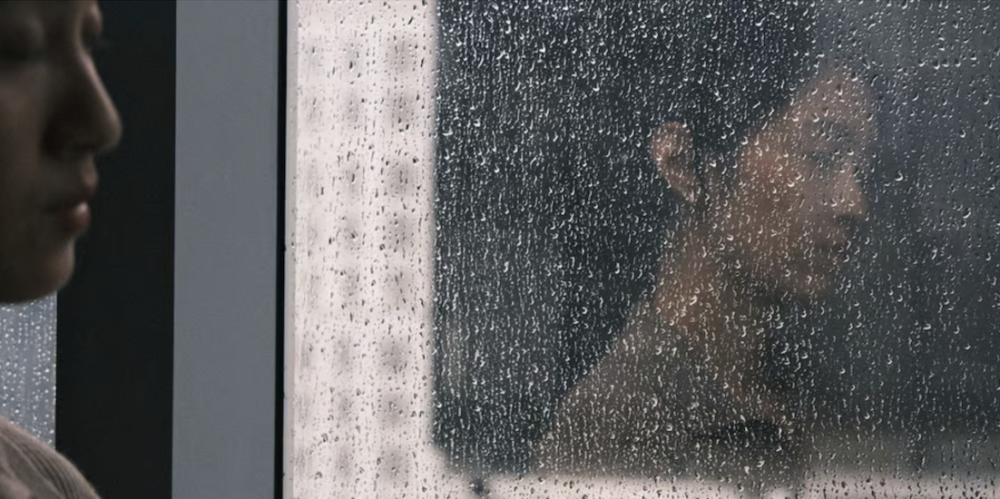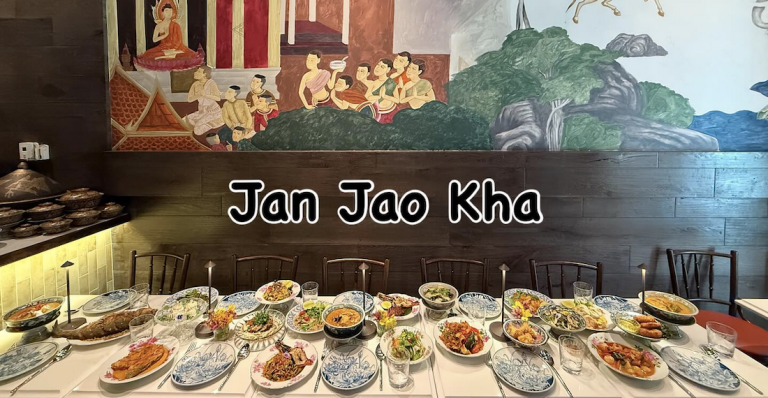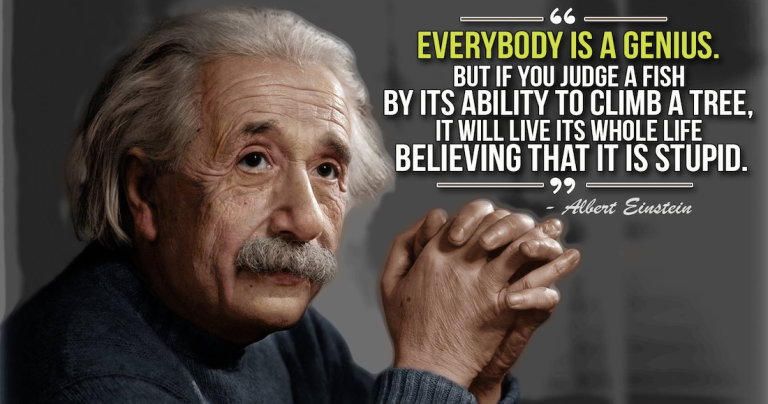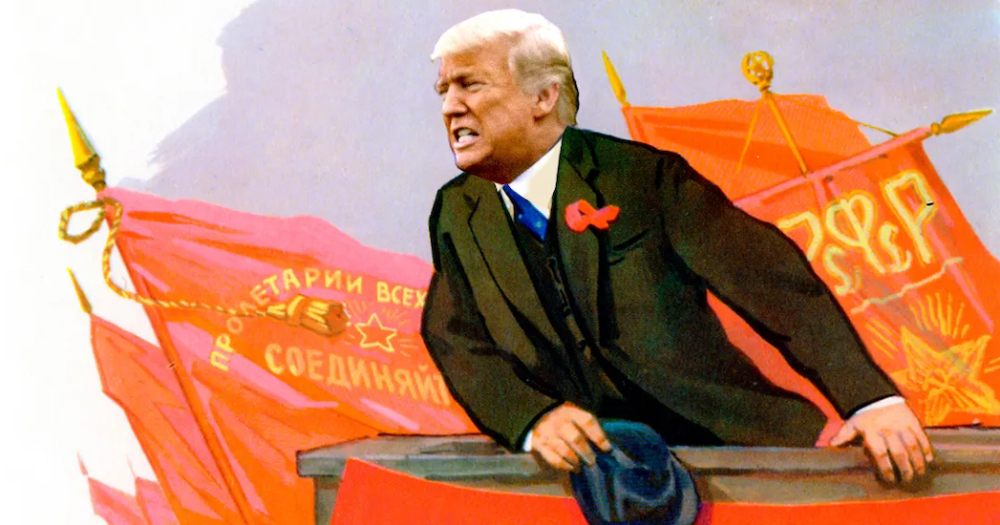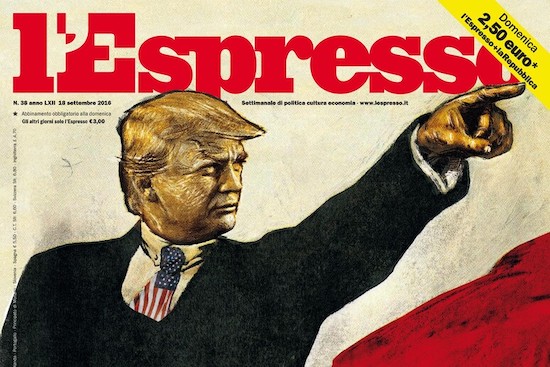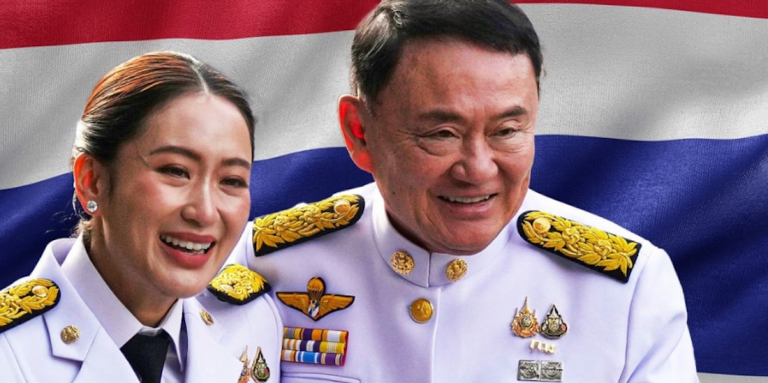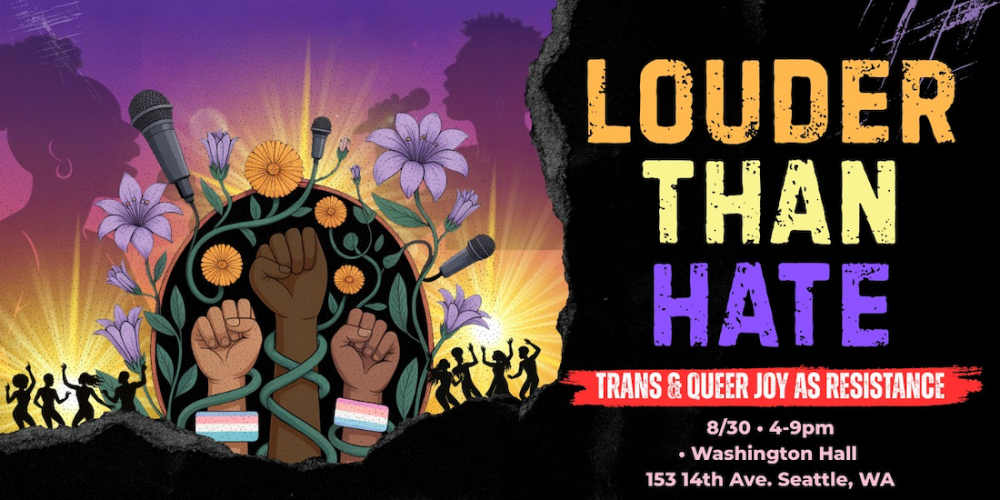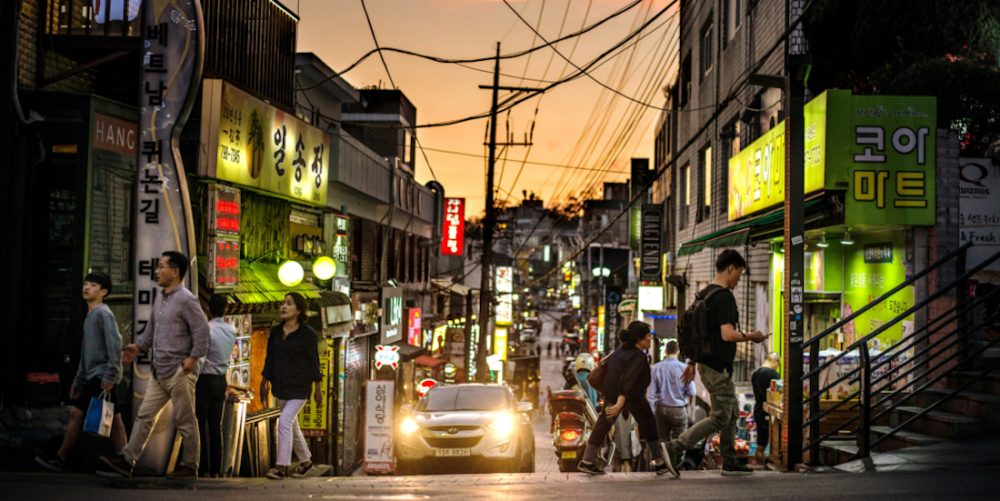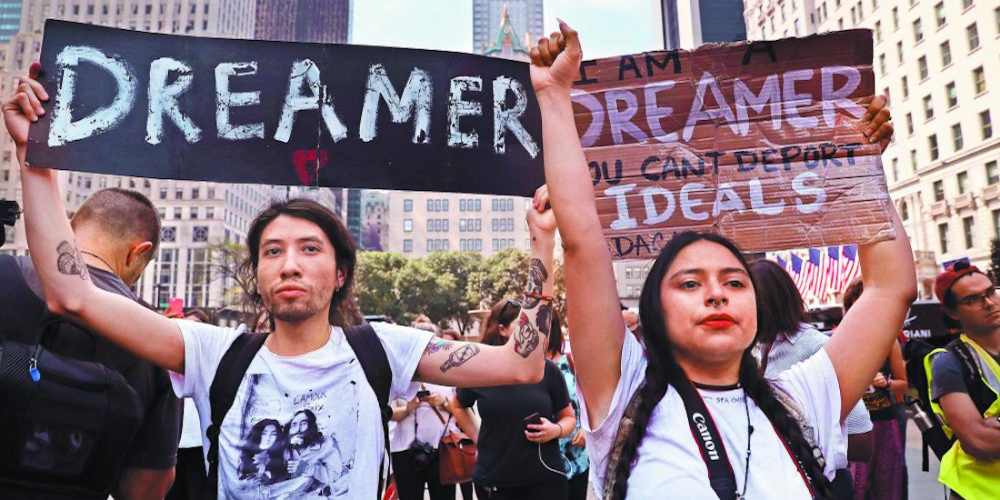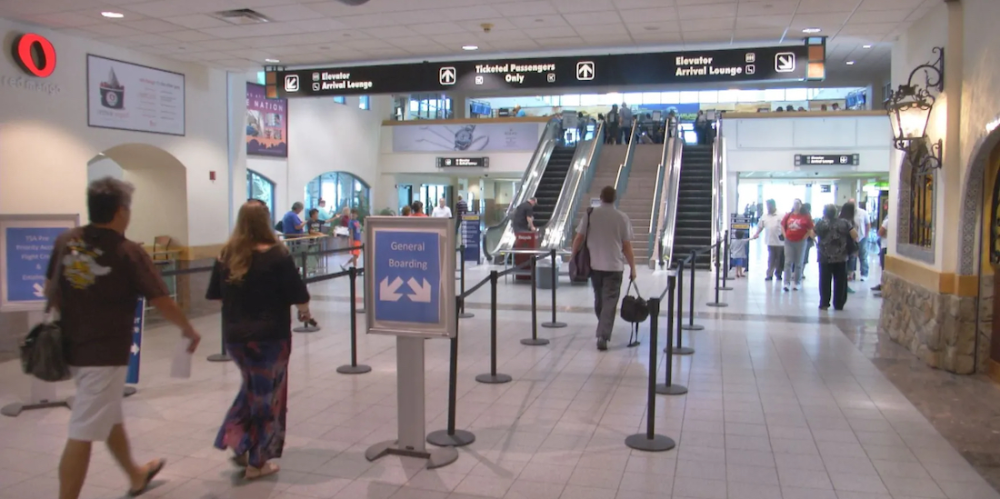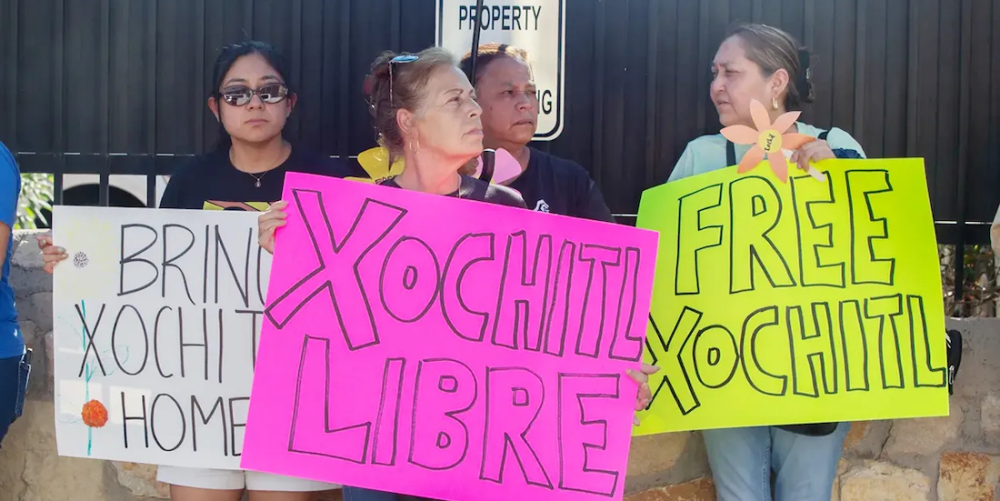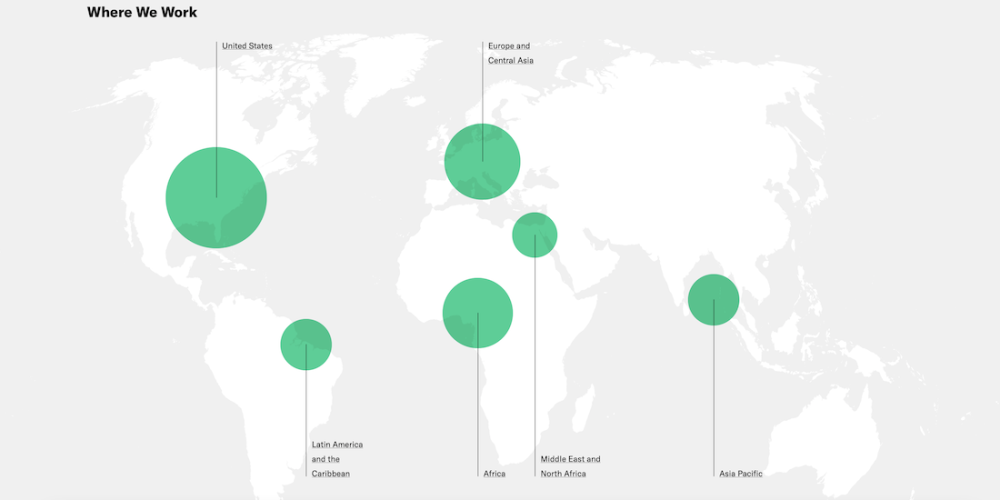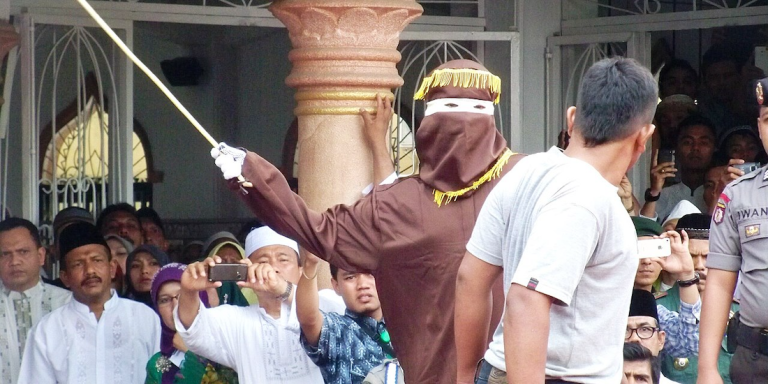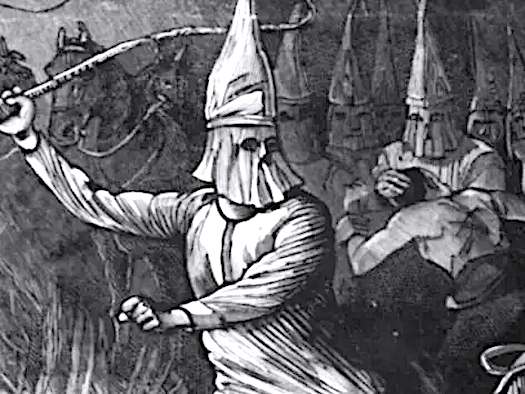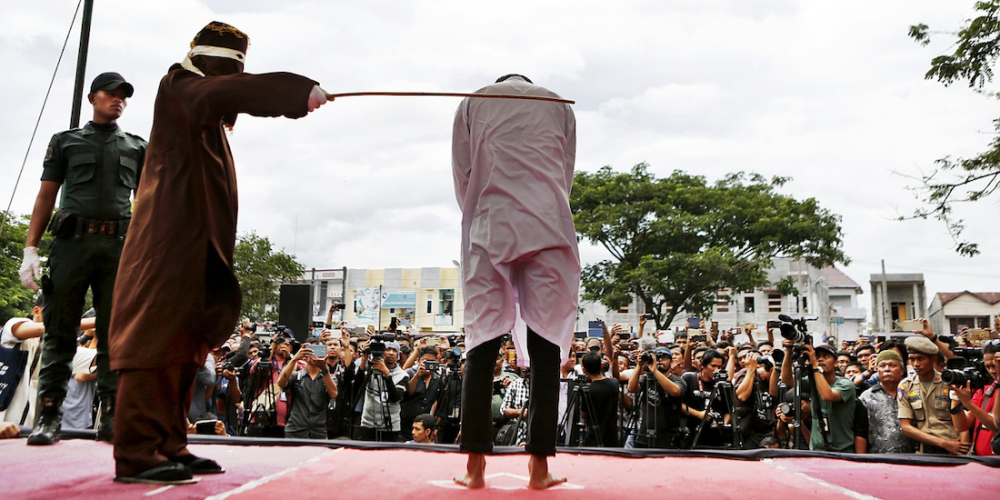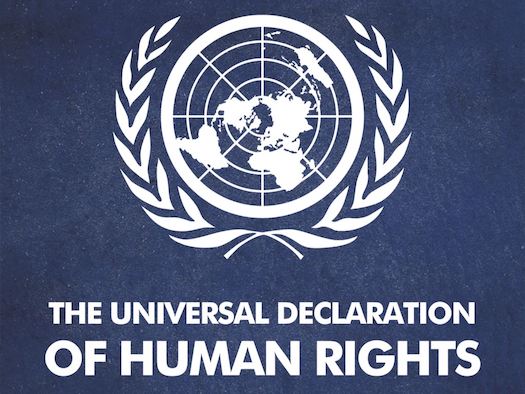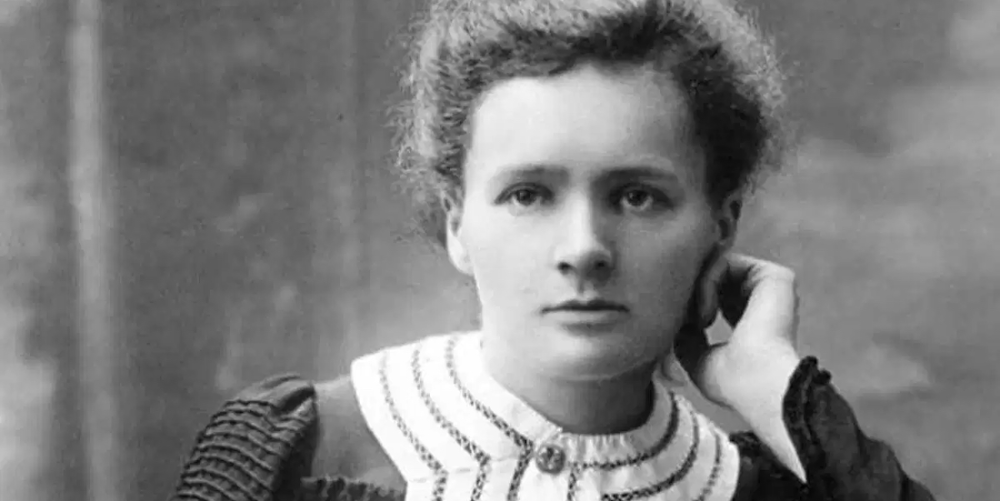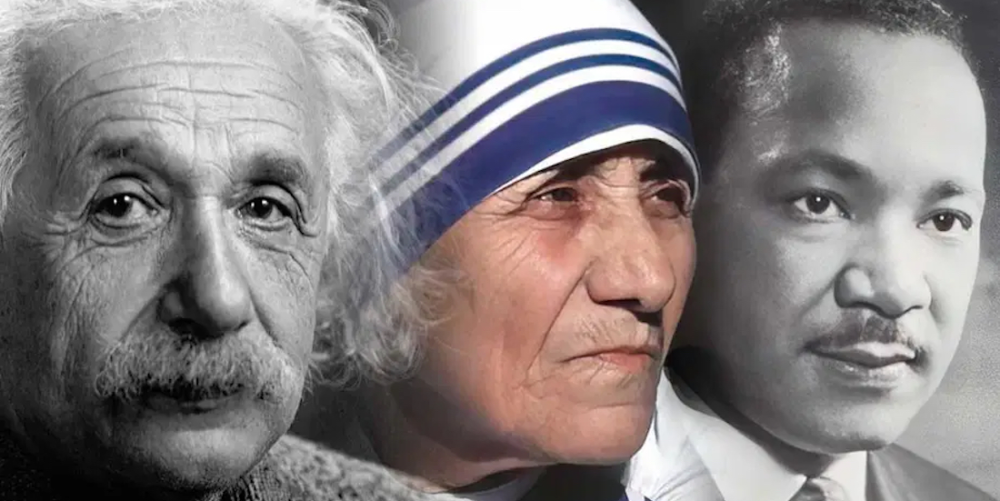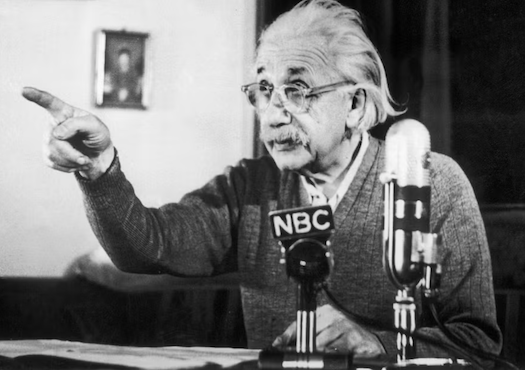Danny Eastwood’s Indigenous Artwork Bridges Cultural Gaps Between Australia and America Through Contemporary Canvas

New York, N.Y. — The most profound cultural exchanges often arrive in the most unexpected packages. When my friend returned from Australia carrying nothing more elaborate than a cotton t-shirt, neither of us anticipated the depth of storytelling woven into its fibers.
Yet this simple garment, painted by Danny Eastwood, would become a window into 65,000 years of Aboriginal heritage and a testament to how contemporary Indigenous artists are reclaiming their narratives on modern canvases.
Danny Eastwood, born in 1943, represents a generation of Aboriginal artists who witnessed Australia’s transformation from a nation that denied Indigenous citizenship to one slowly recognizing the world’s oldest continuous culture. As a descendant of the Ngemba Tribe of Western New South Wales, Eastwood carries the artistic traditions of his ancestors while adapting them to speak to contemporary audiences worldwide.
From Tribal Traditions to National Recognition
The journey from the riverlands of western New South Wales to national artistic acclaim reflects both personal resilience and broader cultural awakening. In 1992, Eastwood received the NADOC Aboriginal Artist of the Year award, a recognition that came during a pivotal decade for Aboriginal rights in Australia.

The National Aboriginal and Islander Day Observance Committee (NADOC) award, now known as NAIDOC, represents more than artistic achievement—it symbolizes the growing visibility of Indigenous voices in Australian society.
The Ngemba Tribe, Eastwood’s ancestral group, traditionally inhabited the fertile lands along the Barwon and Darling Rivers in western New South Wales.
These waterways served not only as sources of life but as highways of trade and cultural exchange between tribal groups. The geometric patterns, earth tones, and flowing designs characteristic of Ngemba art reflect this riverine heritage, translating ancient Dreamtime stories into visual narratives that transcend linguistic barriers.
Eastwood’s work emerges from this rich cultural foundation while engaging with contemporary realities. His paintings on t-shirts represent more than artistic adaptation—they constitute cultural diplomacy, carrying Aboriginal perspectives into everyday spaces where traditional canvases might never reach.
The Art of Cultural Translation
Indigenous Australian art operates on multiple levels of meaning, creating layers of interpretation that depend largely on the viewer’s cultural background and the artist’s willingness to share sacred knowledge. Eastwood’s work navigates these complexities by creating pieces that are simultaneously accessible to international audiences and deeply rooted in Aboriginal traditions.
The t-shirt medium itself carries significance beyond convenience. Cotton, while not native to Australia, has become interwoven with the continent’s colonial and post-colonial history. By choosing this canvas, Aboriginal artists like Eastwood reclaim a material associated with European settlement, transforming it into a vehicle for Indigenous storytelling.
Uluru Australian Indigenous Art, the organization associated with Eastwood’s work, represents a broader movement of Aboriginal artists seeking to control the presentation and distribution of their cultural expressions. This approach addresses decades of cultural appropriation while creating economic opportunities for Indigenous communities.
Contemporary Challenges in Indigenous Art
The globalization of Aboriginal art presents both opportunities and challenges for artists like Eastwood. International appreciation for Indigenous Australian aesthetics has created unprecedented market demand, yet this popularity also risks commodifying sacred cultural elements. Authentic Aboriginal artists must balance cultural preservation with economic necessity, ensuring that increased visibility doesn’t compromise cultural integrity.
Eastwood’s generation of artists particularly grapples with questions of authenticity and cultural authority. Born during an era when Aboriginal people were still denied basic citizenship rights, these artists have witnessed their culture’s evolution from marginalization to mainstream appreciation. Their work often reflects this complex relationship with both tradition and modernity.
The art market’s embrace of Aboriginal aesthetics has also attracted non-Indigenous artists seeking to profit from Indigenous-inspired designs. This phenomenon has prompted calls for stronger authentication systems and greater support for genuine Aboriginal artists like Eastwood.
Art as Cultural Bridge Building

The t-shirt that traveled from Australia to New York represents more than artistic appreciation—it exemplifies how material culture can facilitate cross-cultural understanding.
In an era of increasing global connectivity, such objects serve as tangible connections between distant communities and different ways of understanding the world.
For Aboriginal artists, international recognition provides platforms to share their perspectives on universal themes: connection to land, spiritual relationships with nature, and the importance of cultural continuity.
Eastwood’s work, while deeply rooted in Ngemba traditions, speaks to broader human experiences of place, identity, and belonging.
The choice of t-shirt as canvas also reflects practical considerations for traveling art collectors.
Unlike traditional bark paintings or large canvases, wearable art travels easily and integrates into daily life, ensuring continued engagement with the artistic message.
Legacy and Future Directions
As Aboriginal art continues gaining international recognition, artists like Danny Eastwood play crucial roles in defining how Indigenous Australian culture presents itself to the world. Their work influences not only aesthetic appreciation but also broader understanding of Aboriginal history, spirituality, and contemporary experiences.
The success of Aboriginal artists in international markets has also created opportunities for younger Indigenous artists seeking to build careers while maintaining cultural connections. Eastwood’s recognition through the NADOC award helped establish pathways for subsequent generations of Aboriginal artists.
The t-shirt now hangs in a New York closet, but its significance extends far beyond personal collection. It represents successful cultural translation, economic empowerment for Indigenous communities, and the enduring power of art to create connections across vast distances and different worldviews.
Through simple cotton fibers and traditional pigments, Danny Eastwood has created a bridge between the ancient Dreamtime stories of the Ngemba Tribe and contemporary global consciousness. In doing so, he demonstrates that the most profound cultural exchanges often arrive in the most accessible packages, waiting to unfold their stories to those willing to look beyond surface appearances.
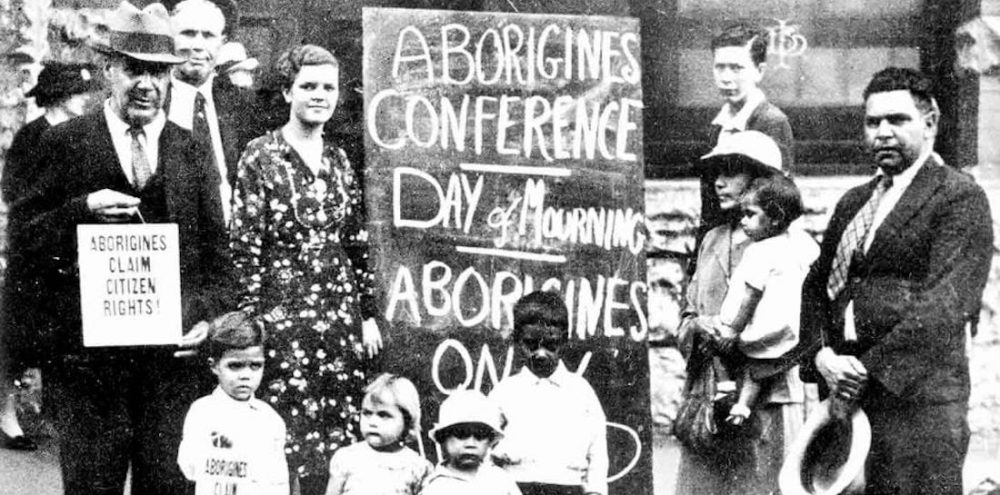
Aboriginal Art Transcends Continents Through Simple T-Shirt Gift (Sept. 6, 2025)
Summary
Danny Eastwood, born 1943 and descendant of Australia’s Ngemba Tribe, creates powerful cultural bridges through his Aboriginal art. The 1992 NADOC Aboriginal Artist of the Year transforms traditional Indigenous storytelling by painting on contemporary canvases like t-shirts. His work represents more than artistic adaptation—it constitutes cultural diplomacy, carrying 65,000 years of Aboriginal heritage into everyday spaces worldwide, demonstrating how authentic Indigenous art can transcend geographical boundaries while maintaining deep cultural integrity.














